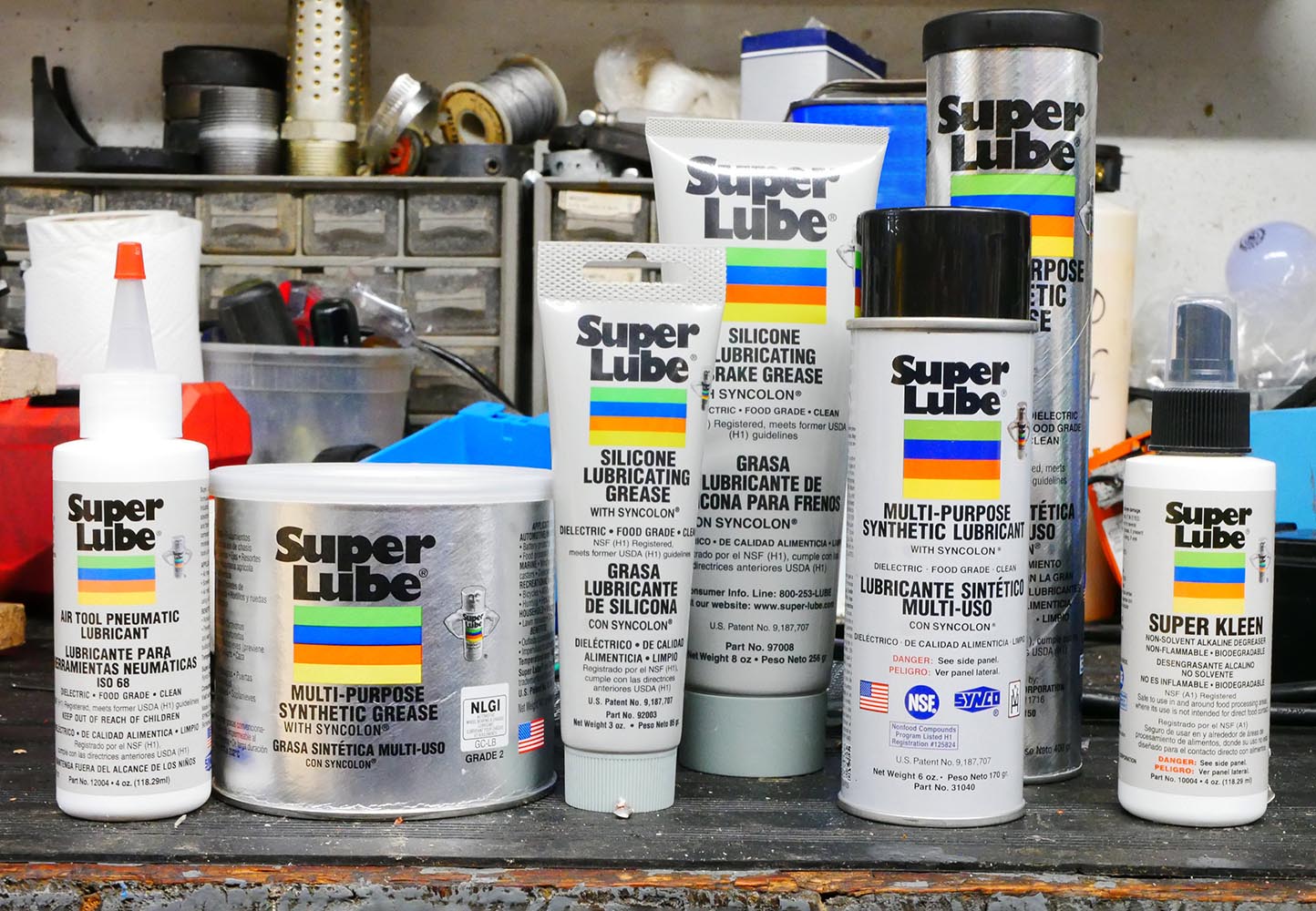
Kroil maker Kano Laboratories acquires Super Lube, Synco
Kano Laboratories, manufacturer of the Kroil lubricants brand, purchased operating assets related to the Super Lube and Synco product lines from Synco Chemical Corporation. Terms went undisclosed for the private transaction expanding Kano’s industrial maintenance segment offerings.
Private equity owner Gryphon Investors announced its heritage fund backing for the acquisition, with dealmaking partner Craig Nikrant citing Super Lube’s strong customer loyalty complementing flagship Kroil penetrating oils. He framed further M&A as ongoing growth levers consolidating Kano’s specialty chemicals niche.
The purchased product portfolio encompasses synthetic food-grade greases and lubricants spanning nearly 40 years under family-held Synco based in New York state. Super Lube oversees premium synthetic oils while Synco covers specialty lubricants used across food processing and preparation applications.
Synco President Natalia Diaz will continue leading the Super Lube business as a new Kano division president reporting to CEO Mark Klein. In a statement, Diaz welcomed the added commercial scale and channel access from acquisition integration she expects will accelerate revenue expansion.
Kano bases operations out of Nashville, Tennessee, U.S.A., after its 1939 founding as a manufacturer of spray lubricants and penetrants. Its signature Kroil-labeled products target maintenance and repair across industrial and trade settings.
Observers noted Kano still actively seeks additional brand partnerships for mergers or asset deals strengthening its market stance servicing professional specialists. But they expect more modest transactions matching Super Lube’s sub-USD50 million scale after recent years of brisk valuations easing presently.
Gryphon took over Kano in 2018 to spark renewed growth initiatives like consumer packaging overhauls. The private equity firm holds USD9 billion under management across lower middle-market companies exhibiting competitive advantages in sectors like business services, software and healthcare.
Its heritage investment vertical pursues smaller-cap manufacturing, distribution and services companies aligned to operational expansion models.
.gif)












